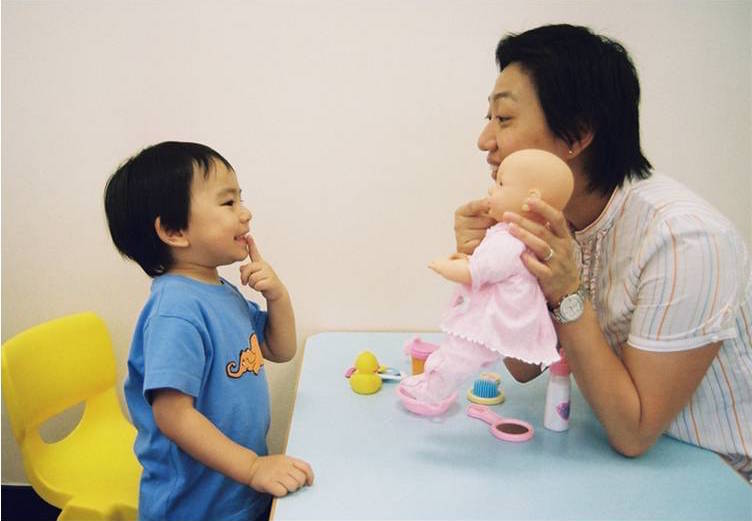Pranava Rehab Care
Occupational Therapy
Our occupational therapists serve a range of movement and sensory disorders in infants, toddlers, children, and teens. Services include assessment and treatment of gross motor skills, fine motor skills, sensory skills, handwriting, feeding, and other self-care skills.
Occupational Therapy is concerned with enabling an individual to participate in daily life activities, or occupations. The occupation of children is to learn and play. When children have developmental delays or diagnosed conditions, they may lack the sensory, motor, perceptual, cognitive, or social skills needed to participate fully in daily life tasks and can benefit from the services of an occupational therapist.
Areas Addressed by Occupational Therapy
Motor Disorders
Fine motor disorders: Difficulty using the small muscles of the body, especially the hands.
Gross motor disorders: Challenges using the large muscles of the body, used for walking, jumping, kicking, and balancing.
Perceptual motor disorders: Problems integrating visual or auditory information with physical movement.


Sensory Integration Disorders
Sensory integration disorders: Difficulty of the brain in interpreting sensations correctly.
Hyper responsive sensory disorders: Problems with over reacting to sensory input.
Hypo responsive sensory disorders: Challenges with under responding to sensory input.
Types of Services
Therapy sessions at PRC are available as individual sessions or group sessions. Depending on the goals of the client, sessions are provided in individual sessions, group sessions, or a combination of the two services.

Clinic-Based Individual Sessions
In individual sessions, an occupational therapist works one-on-one with the client and the client’s family. Goals are targeted to the specific needs of the client and all activities are shaped toward achieving them. Parent/caregiver training is a critical component of individual sessions.
Clinic-Based Group Sessions
In group sessions, an occupational therapist works with a group of two to six clients at one time. Clients are grouped according to complementary needs. Goals are targeted to the specific needs of each client and all activities are shaped toward achieving the designated goals of all of the participants in the group. Groups have the added benefit of being able to better address the generalization of goals as well as the opportunity for increased interaction with peers. Although executed differently than in individual sessions, parent/caregiver training remains a critical component of group therapy sessions.
